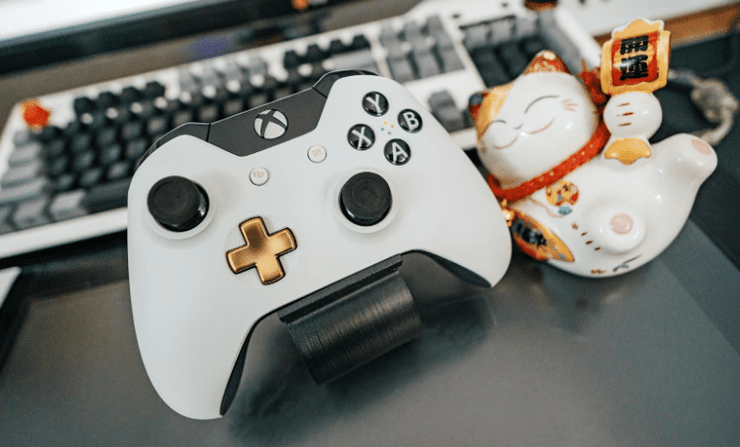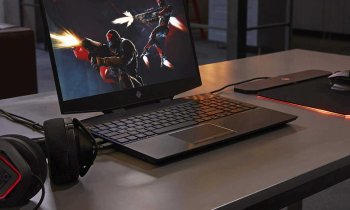Game skins have been a part of gaming for a long time. Developers introduced skins to add an extra layer of excitement to gaming, and it has grown to be a $50 billion industry. Like DLCs (downloadable content), skins are a novel funding source for studios outside the cost paid to obtain the game. The impact of gaming skins can be seen in various aspects of gaming. One highly debated area is its impact on player performance and psychology. Skins bring in a lot of money for developers and skin traders, but how does it affect gameplay? Let’s dive right in.

What are Game Skins?
Game skins are cosmetic items that can be used to change the appearance of a character or weapon. There are different game skins, such as character accessors and weapon skins. Skins can be obtained by opening behaviour of igaming players and loot boxes within the game or purchasing them online. Skins do not offer inherent advantages and are purely cosmetic upgrades. Skins are designed to keep games balanced and prevent them from becoming pay-to-win. Gamers hate pay-to-win games because they give players with more money unfair advantages. Counter-Strike: Global Offensive is one of the most popular games with an active game skin ecosystem. The rare skins are sold for thousands of dollars on online marketplaces.
How Skins Impact Player Performance and Psychology
Although skins do not give any physical advantages to gamers, studies have shown that they have a psychological impact. This affects how players perform in the game, and the implications could be that some players will perform better than others when they purchase cosmetic upgrades. Here are the impacts of skins on player performance and psychology:
Personality Traits
Players design their game characters around their personality traits. This creates a psychological bond, where players see their game characters as an extension of themselves. This leads to unique skin choices and a mental boost that improves player confidence. Reserved players will design their characters less conspicuous, while outgoing players are likelier to have loud and bold skin choices. The connection between the character and the player increases concentration, improving the gameplay. Skins also provide a unique situation for players to build an alter ego. Their character could be designed to be the opposite of their real-life selves as a form of escapism from the real world.
Improved Performance
Adding skins to existing weapons or purchasing new skin gear boosts players mentally. Although these skins do not change the performance of weapons, players who believe they do tend to perform better after an upgrade. The cognitive boost received from the purchase is a breath of fresh air that allows players to view the game like they are playing it for the first time. This is a psychological trick that helps players improve their confidence when going into the next game. This is why players sought rare skins and other accessories; the belief that it would make them better players translates after the purchase.
Personal Investment and Engagement
Players who purchase skins become personally invested in the game. This is great for developers because they are less likely to leave once a user makes the first skin purchase and customizes their character. This phenomenon has been attributed to the law of sunk cost. Players do not want to lose their investments in a character in a game, so they make more purchases and are locked in a cycle. This has negatively influenced younger players who use their parent's credit cards to keep up with cosmetic upgrades. It has also led to the regulation of loot boxes and other mechanics that exploit the psychology of players.
Dopamine and Gratification
Game skins serve as a means of instant gratification and dopamine boosts. Studies have shown that it is similar to how players feel when they clear a game level or receive in-game rewards. Players can purchase a skin and receive it instantly, unlike grinding through enemies and mini-bosses for rewards. This has contributed to more players spending on various skin upgrades that make their character stand out. Players may start with minor purchases to get their foot in the door, but these purchases grow with time. Some gaming companies have been called out for exploiting the psychological need for dopamine hits to exploit players within the game.
Business Value
The business value of skins cannot be overemphasized. The game skin industry has become a $50 billion industry in which any gamer can participate. There are dedicated third-party skin websites where players can buy and sell skins at their own price. This has led to a category of players who acquire skins solely for their resale value. The cheapest skins start at around $20, and some have sold for around $1 million. Various factors, including the rarity, the condition, and the sentimental value of the skin, drive the price of game skins. As with all benefits, there are drawbacks. Some bad actors use shady practices to sell worthless skins to unsuspecting players. These are done using tactics like pump-and-dump schemes and fake listings.
Community and Markets
Game skins have led to the development of vibrant gaming communities and markets. Players are more willing to interact with each other and engage in collaborative gameplay. Missions with huge loot boxes and rewards can be collectively cleared, and the rewards are shared. Special loot boxes are dropped at exclusive events like esports tournaments and announcements. The network effect created by skins ensures that new players are enticed to join the games. The community grows as more people join the games, incentivizing other players to join.
Game skins have changed how players interact with their characters. Although these skins are purely cosmetic, they psychologically affect players. These effects are positive and negative, but the good outweighs the bad. As gaming continues to evolve and new technologies are added to the industry, game skins will evolve to add more value to players.














Comments